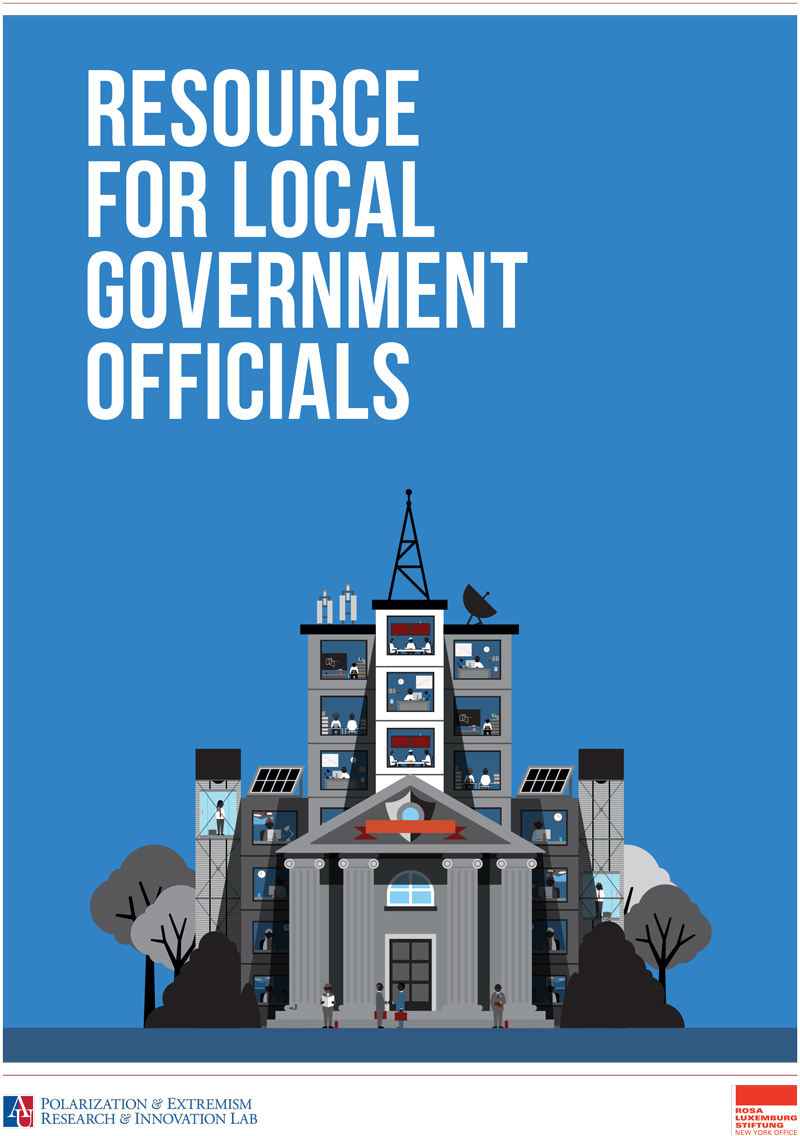Initiate, launch, or scale-up a public health approach to preventing violent extremism and domestic terrorism that priorities early and primary prevention. Sponsor legislation, initiate programming and funding mechanisms, and advocate for staff lines and capacity building opportunities.
Leverage your convening power to hold hearings, briefings, and other gatherings to share evidence about what works and educate fellow lawmakers and government officials about public health models of violence prevention.
Create easy-to-access mechanisms for local constituents and community members to access promising intervention practices, evidence-based standards, guidelines, and tools to better equip them with the resources they need to prevent radicalization and mobilization to violence.
Develop comprehensive plans for proactively responding to hate, harassment, and threats directed toward elected officials and civil servants. Be prepared to counter disruptions or threats to events, school board meetings, public convenings, and polling sites.
Speak up and speak out against hate at every opportunity. Victims and targets of hate and harassment often wish that more local politicians and government officials spoke out in support of them. Silence is often interpreted as indifference.
